|
Chris Compton’s Furtherville is a keen exploration of Southern culture that pays homage to a Southern literature. Furthervilleis no moonlight and magnolia lost cause glorification of the South; rather it’s a melodic exploration about the conflicting ideas of masculinity and region. The titular track is a shrewd chimera of gypsy jazz and Southern Gothic. It’s a love song set in a Faulkner-esque ruined house where the speaker is “Sharing a piano with a nest of birds / whistling along to our favorite tune / they never learned to fly and they never left the room”. There is no escape from Furtherville; “all of our kin are buried in the ground” – yet like Faulkner’s Thomas Sutpen, they’re stuck here in the loss of a haunted past that was never worth glory any way.
Buy a copy of Furtherville here. SC: I love this line about birds in the piano. Can you tell me about this line? CC: The setting for the song was inspired by a house I used to live in next to the railroad tracks. Because of our proximity to the freight yard, we had a lot of “vermin” in and around the house—rats in the trees and roof, snakes in the laundry room and a family of mice living in the piano. We didn’t disturb the mice in the piano, so over time they ruined it because they built a nest using the felt from the hammers that strike the strings I still remember the sound of their little claws picking the strings as they ran across the soundboard—kind of like a harpsichord. So employing poetic license, I changed them to birds to go along with the stay-at-home-or-fly-away theme and tie in with the musicality of the piano. SC: This song is about the hope of somewhere else—Furtherville—but it’s set in a minor key that undercuts the yearning. Can you tell me about that choice? CC: There is a struggle between “staying or leaving” in this song which is reflected in the interaction between the hopeful lyric and the mood of the music. The protagonist lives on slender means in a “one room” shack in less-than-desirable conditions. He feels tied down to the land (“We know the men who built this town, all of our kin are buried in the ground”) and like the birds in the piano who should fly away, he never does. Instead of setting out in search of a “place to call our own,” he does what is expected of him and settles down, perhaps to start a family. (You could also reverse this and see the “place to call our own” as where he is now; that he has accepted his fate) SC: Tell me about writing “Furtherville” CC: This is a warped snapshot of me at 25. It’s the point in your life when you’re supposed to buy your first house, get married and start a family, but I was still wanting to be a rockstar. We lived in an old mill neighborhood near the quarry with four dogs and all our tripped out friends crashing on the couch. At some point you have to make a decision to give up a little bit of the dream in order to perform the everyday roles of father, husband or coworker. But there is also another underlying theme in the song of the struggle for the protagonist to break away from the friends and family that tie him to the land, and for he and his partner to move away to “a place to call our own”. I was listening to a lot of Hank Williams at that age so I included references to two of his songs in the chorus with “House of Gold” and “Mansion on the Hill.” SC: You collaborated with Zach White on this record. Can you tell me about this process? CC: All of the songs on the Furtherville album were recorded in Zach’s basement studio. He and I live less than two miles from each other so we would meet once a week to work on the project. Because of this laid back approach, we had plenty of time to experiment with different sounds and recording techniques. In the intro to the song you can hear what sounds like a train rumbling on the tracks, but what we actually used was a drum tom turned upside down and filled with nuts and bolts. Some of the percussion on the chorus included an African balafon, a chain being dragged across a metal sheet and a hammer striking a tire iron. The whole thing kinda screams Tom Waits so I thought a tuba on the last verse would be a great standout moment along with the counterpoint vocal line. We ended up finding a friend who could play the euphonium so that worked out well. SC: What’s next for you? CC: I have written a lot of material since the songs for this first album were recorded, and Zach and I are scheduled to start up again this summer. I’m not one to stick around too long in any one genre, so while I do have an album’s worth of Americana songs, I’d like to experiment with something more electrified and edgy. Maybe a couple of projects going at once. I’ll also be playing some clubs and festivals with a band called the Buckdancers to help promote the songs on Furtherville.
2 Comments
Photo credit: Jen Coyner Flower Shopping, the latest project from Ross Swinson (Release the Dog, Barnwell) is a reflection on age and the meaning of friendship. On “Waste” Swinson’s lush assortment of guitars suggests late career Elliott Smith mixed with bands like Noah and the Whale. It’s smart of offering of passing chords and epiphanic revelations that show Swinson’s not only a great guitarist, but a keen arranger and lyricist. He joined me for a chat about his new EP, questions of identity, and finding inspiration in old things.
You can listen to “Waste” here. SC: Tell me about “Waste” RS: I'll get the shameless promotion out of the way and start off by saying it's the single off my upcoming EP, which will be out June 8th. Basically it's a song about how relationships suffer over time. As we get older, life gets more complicated and it's just hard to keep up with everyone you might want to stay in touch with. Ultimately you just have to cherish the time you get to spend with people and be thankful for the people that reenter your life here and there, even for just a moment. SC: I love these lyrics “Our voices crack and howl at the thought of spending our lives just as we're told” Can you tell me about them? RS: A lot of times meeting up with old friends can make you feel like nothing's changed, even though it's been years. At the age I'm at, it feels like a lot of people are split between going full adult, or being in this sort of arrested development stage where you're refusing to do what is expected of you. I feel a little torn between the two, like I don't want to grow up but I feel like I kind of need to in some ways. SC: The song ends with a musical interlude with guitar feedback. Does this relate to the song’s theme? RS: I thought that the acoustic part at the end was really pretty, but I couldn't really find a place for it to happen more than once. I wasn't really thinking about the overall theme relating to that part, more that it just sort of evokes this sense of longing and it doesn't fully resolve. So I guess in that way it does inadvertently fit the theme. SC: What was your process for writing “Waste”? RS: The main acoustic part I actually wrote a long time ago, like maybe 6 or 7 years ago in college. I like to record all my ideas from over the years and when I'm trying to write some lyrics, I'll pick the riff that seems to evoke the feeling I'm going for the best. I wrote the first half of the verse to this song and was stuck with that for a while, and then recently I redid the music to the chorus to what it is now. The rest of the lyrics and the structure of the song came together in like an hour after that. I have a lot of songs like this on deck from over the years that just didn't work with the bands I've been in for the past 6 years or so, which is why I'm excited to do my own thing and finally get them finished. SC: What’s your songwriting process like? Do you write every day? Do you wait to be inspired? RS: I split the writing into two different parts, the music and the lyrics. The music I can usually just sit down and come up with something I like if I set my mind to it. Lyrics usually have to be a little bit more inspired by events or thoughts I have while living life. I'll just have a thought that might be a good thing to write about or a good line, and I'll jot it down in my phone to expand on later. How often I write depends on the project and what stage of the project I'm in. Like right now I've been finishing up the EP, so I'm focusing on recording instead of writing. SC: How does your community of songwriters inspire you? RS: The music community in Columbia in general is pretty interesting. It's not a huge scene, and I feel like a result of that is that people are pretty enthusiastic about new bands or projects coming along. So it's kind of nice because it feels like just being a new project is enough to get you some sort of attention. I try to tell everyone that's even thinking about starting a project that they should just go for it. We could always use more new people in the scene. There are also some great songwriters around here, but I feel like everyone is generally down to earth and approachable as normal people, which can't be said about every scene. Blood On the Harp’s single “My Note To You” is a moving reflection on friendship, loss, and grief. “My Note to You” rides a laid back communal tableau of banjo arpeggios and train beats reminiscent of Dylan’s “wild mercury sound” on Blonde on Blonde. Lead singer Miguel Olascuaga pleads, “it’s another long night / another sunrise without you / when the drinking starts the hell takes over”. Blood On The Harp deliver a single that’s a part-party, part-wake, with heaps of Southern Gothic charm packed concisely into three minutes and thirty seconds.
Blood On The Harp’s Ghosts Vol. 2 will be released on June 1st. SC: Tell me about these lyrics: “The rain is falling on the mourners head / will the memory of my smile help them to forgive / When they find me in the morning I’ll be dead” MO: This is very difficult for me to explain without the social frown that comes with anything suicide related, this song is about a really close friend of mine that fell victim to her depression. The end of suffering, minus absolution, I want the pain to end, but the shame of consequence lends no comfort towards the aftermath of my decision. We all want to be remembered for our sincerity and kindness, not the mental illness, especially not one that carries much ridicule from our peers. Even after death we fear social response and judgment. It’s much easier to say that there’s always help, but help isn’t always what someone in that state of mind needs, “help” is the generic dollar store version of Tylenol for cancer. SC: I love the break between the first chorus and the second verse. Can you tell me about that dynamic choice? MO: It felt very atmospheric, a sweetness that reminded me of her, gentle and patient. The folks in Blood On The Harp write beautifully, and everyone does something vitally important to make the song feel right, not only for me, but for themselves and how it translates to them; everyone feels it completely and in return makes us one. SC: A lot of these songs are about resurrection or the un-dead - “Woke Up Dead” or “Cursed By Love” and this song is pretty final in its depiction of death. Can you comment on that? MO: It’s no secret that death is my topic of choice, but it’s because I’ve dealt with a lot of it and refuse to let their memories fade. I hold it in and over-obsess, being OCD1 has it’s benefits oddly enough, its a cup half empty, half crazy thing.. The song is final in its description of death, the exuberance of her life is memorialized and explained in a way I hope everyone can relate to. It’s not up to us, the living, to cast judgment upon the dead and make our grievences more important than the meaning or value of their life. SC: Tell me about writing “My Note To You”? MO: I had spoken to my friend that had moved away to California, she had been there about a year and was feeling a bit blue. After hours of talking on the phone I could tell her demeanor was in the positive, we ended on a great note, or at least that’s what I felt. This being back in the days of MySpace, I had visited her page early the morning after, in her “about me” section she had wrote “Thank you Miguel for being there, I wouldn’t have made it this far without you.” I remember thinking to myself, what a badge of honor it was to have had the chance to change a friend’s life, how in love with the notion of “being there” I was. At around noon that same day, her father and brother walked in my shop and told me she had taken her life the night before, I was in complete shock, and so you see… Help goes way past the notion of listening, or the understanding of the weight and darkness someone feels, she wasn’t looking for my help, she was preparing me for what was coming next, she was planting the seed, leaving me with the laughter and love I had spent so many years admiring, not the sorrow and weight of her decision to leave. Sacrifice has many layers, as I’ve experienced. SC: What’s next for Blood On The Harp? MO: We’ve been talking about a music video for one the tracks off the new record. We are presently speaking with a few folks about the creative process, and hope to have that finished by the end of the year. We’ve been writing a lot and trying to stay busy with booking. With Wildwood Revival approaching, we are preparing ourselves for the biggest show we’ve ever been a part of and just want to make our mark. I can’t stress how important is to let everyone know that Blood On The Harp is a six piece band, although it was my writing that brought us together, its everyone’s input and co-writing that has kept us together, it’s “We”, not I. SC: How does your community of songwriters inspire you? MO: By just simply writing and never giving up, dedication and support from one another lends to more fruitful relationships. If I had to mention a few that I’ve really gained inspiration from lately, you wouldn’t have to look any further than Evan Stepp, Ben Trickey, and Casey Hood. Atlanta continues to blow my mind, it's a city that provides you with all the material you could ever need or want, good, or bad. Thank you again for the chance to be heard, the chance to reach people beyond the melody and let them know that nobody is free from pain, or turmoil, constant support and unconditional love is all the tools we need. The Tito’s "IDWTBA" is a powerful song about codependence decked out with AM transistor radio splendor. Lead singer Alex Lotito's vocals shift from croon to growl as he offers reflections—“apologies never seen to change a thing / I can sing pretty words but they never mean a thing”. Although IDWTBA has big singalong choruses, don’t be fooled by the track’s breeziness. The bittersweet lyrics about a relationship that has soured offer a heartbreaking narrative. However, this is all sweetened by organist Daniel Kirslis’ Hammond Organ which creates a soft soundbed you can ride towards some happier future.
Pick up a copy of Standard Electric Sessions EP here. SC: I love the sentiment of the line “I believe our greatest fault comes when we forget to laugh”. Can you tell me a little about the meaning behind this? AL: This song is essentially about sustaining a flawed relationship out of fear of being alone. The line about laughter is a bit sarcastic in this sense. Even when relationships have run their course it can be hard to let go. Sometimes it is easier to put on a smile, laugh, and shoot the shit like nothing is wrong. It’s not the healthy option, but it can be easier than facing facts. We all rely on delusions a little bit, right? SC: Can you tell me a little bit about writing “IDWTBA”? How has your writing process changed since the last time we spoke? AL: I spent a year in Sicily teaching English and I tried to write some songs when I was there. This was the first one I wrote when I got back. The melody actually came to me when I was in the bathroom. I started humming it, then I went and matched it to guitar. I kind of strung some words together to fit the melody and slowly some semblance of meaning started to take shape. SC: What’s next for The Tito’s? AL: Well, we released this EP a while ago and I think it’s time to start recording some new songs. We’re going to try to record some stuff at (our drummer) Zack’s house as he has a pretty decent set up. We’ve been writing some new songs this year and I’m really excited to capture these new sounds. Other than that, we’re playing what might be our biggest show yet Friday May 11th opening for Cicada Rhythm at The Earl and then we play at Avondale Towne Cinema with The Last Tycoon and The Threadbare Skivvies. We’re also doing a little run through the South East in late June early July with stops on the Georgia, South Carolina, and North Carolina coasts. Photo credit: Kati Balwin skeleton's music is a soothing liniment made of empathy and insight. On “Mariposa” skeleton offers a fingerpicked pop devotional that includes dreamy woolgathering reflections about commitment and the transcendental possibility of now. Pedro’s Expressionist descriptions are finessed to their most poignant elements; “everyday when you awake / the orchestra all takes its place / your brain conducts a symphony / of muscle and bone, with each line pushing the narrative. skeleton joined me for a brief chat about inspiration, songwriting, and how fortunate we are to experience love.
Pick up of a copy of skeleton was on the radio here. SC: This song shifts quickly from meditative to declarative (“love make me blind”) can you tell me about this choice? PLdV: It's always difficult for me to keep a song slow. This song is the latest example of this struggle. The sonic story still had somewhere to go, and I couldn't help but take it there. SC: I love the lyrics “Cause everyday when you awake / the orchestra all takes its place / your Brain conducts a symphony of muscle and bone”/ and you know I’m not alone / grace take make home” Can you tell me about writing them? How did you devise metaphor? PLdV: Mariposa is a song that's about being in awe of someone or something. In this case, it's about a lover whom I found to be incredibly graceful. Her movement was always deliberate and even in her stumblings she was elegant. Something as simple as saying her name would have her crane her slender neck and look at me—and these moments would always leave me alight. The mechanisms in place to produce such grace were so complicated and yet simple—sinew bone muscle etc all working in perfect concert. It's grateful, too. The overcome odds of meeting someone like that here on the infinite expanse of space/time are something to hold precious. So, it's a love song. It's an awe-song, and an "aww" song, but ultimately a love song. I love you, you're something precious and rare, and I'm so glad you've managed to flutter down to be next to me, you mad mechanism of beauty. SC: Can you tell me about writing “Mariposa”? PLdV: Writing this was easy because it was just a gut-check. Each line would ask that I check it against my feelings and it would be true. SC: How does your community of songwriters inspire you? PLdV: My community of songwriters is great and I'm pumped to have other local tunes to listen to. |
The Sound Connector is an online magazine for songwriters. We feature songwriting challenges, monthly interviews, and the opportunity to discover new songwriters. We are interested in all things related to the craft of songwriting. Do you want to be featured on The Sound Connector? Send us your songs!
Categories |
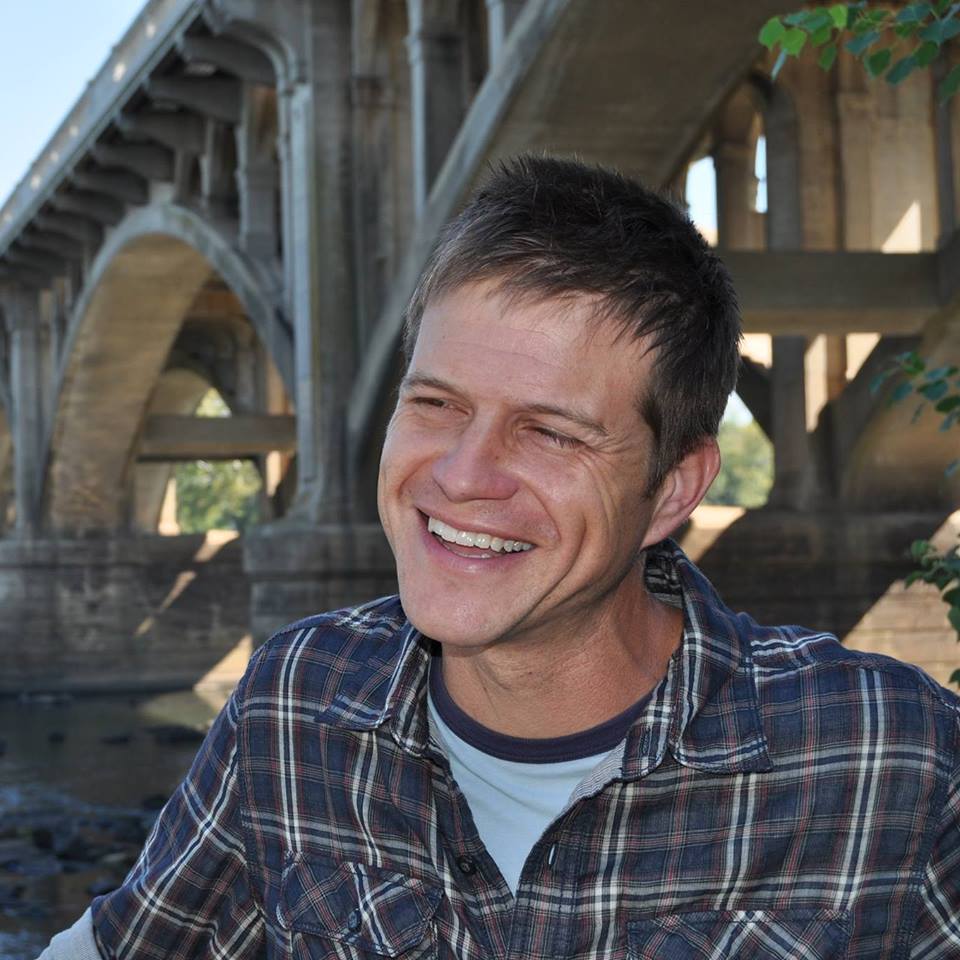
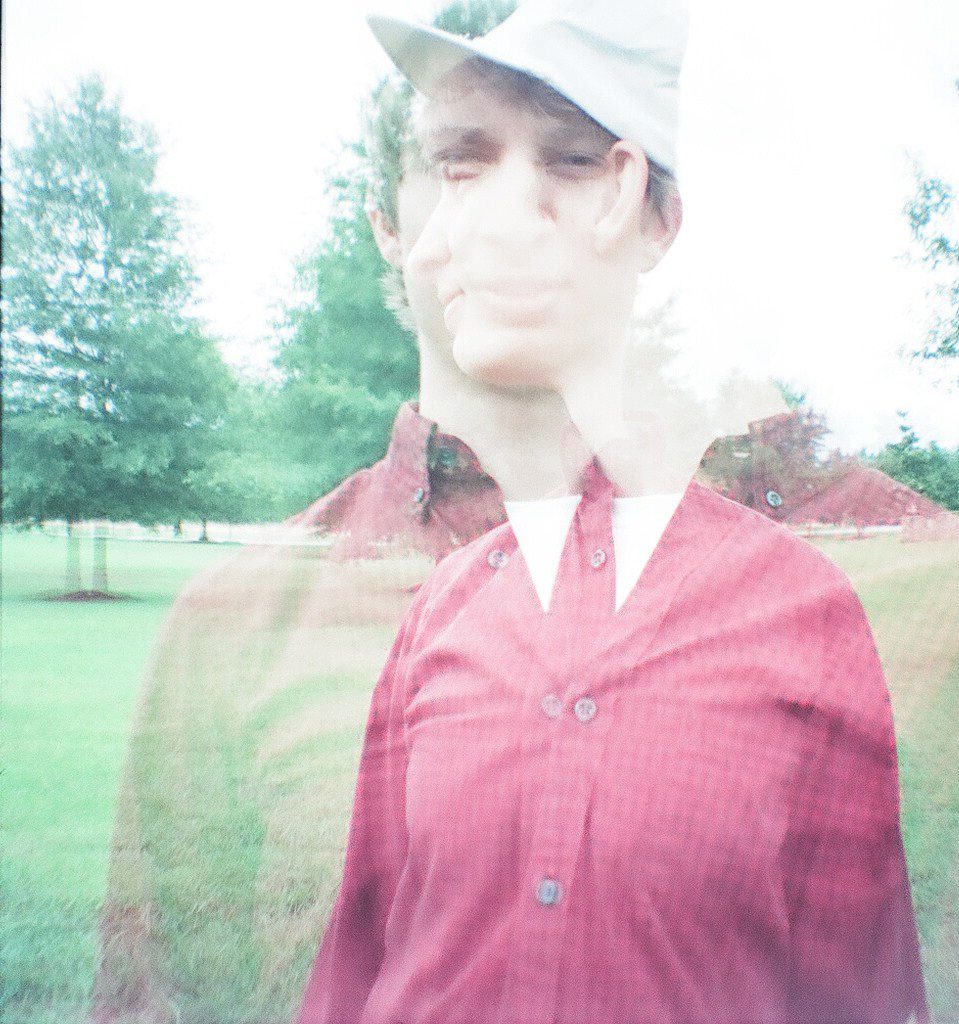
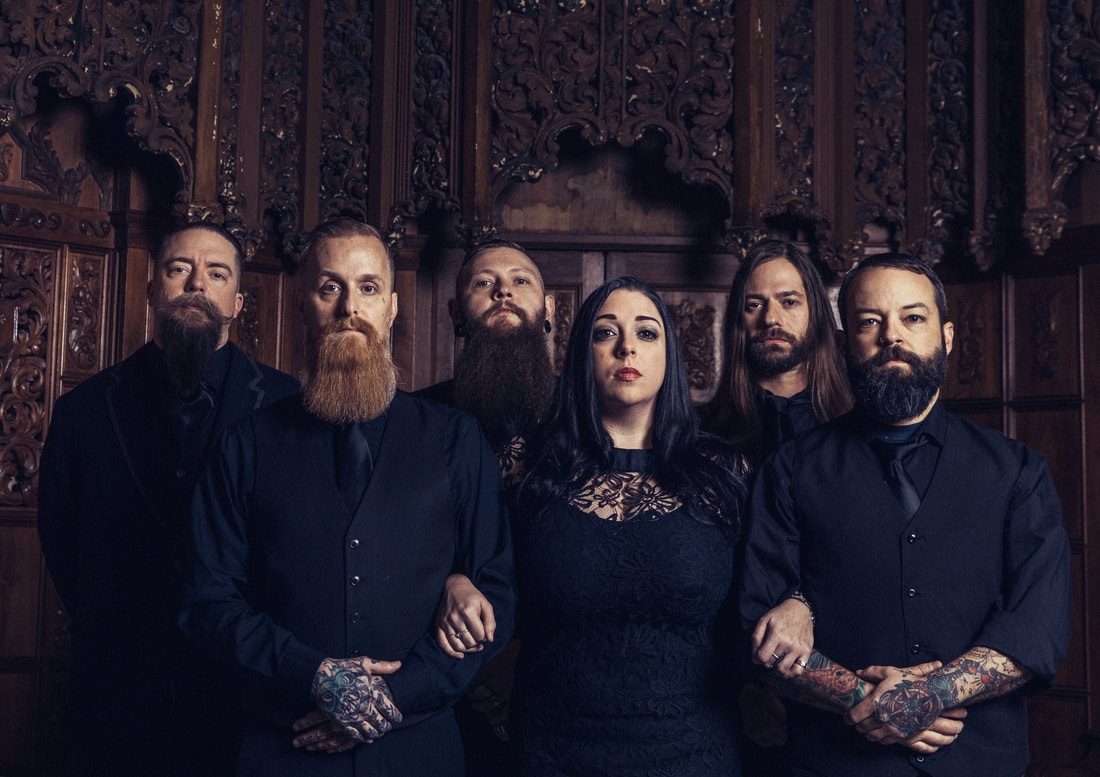
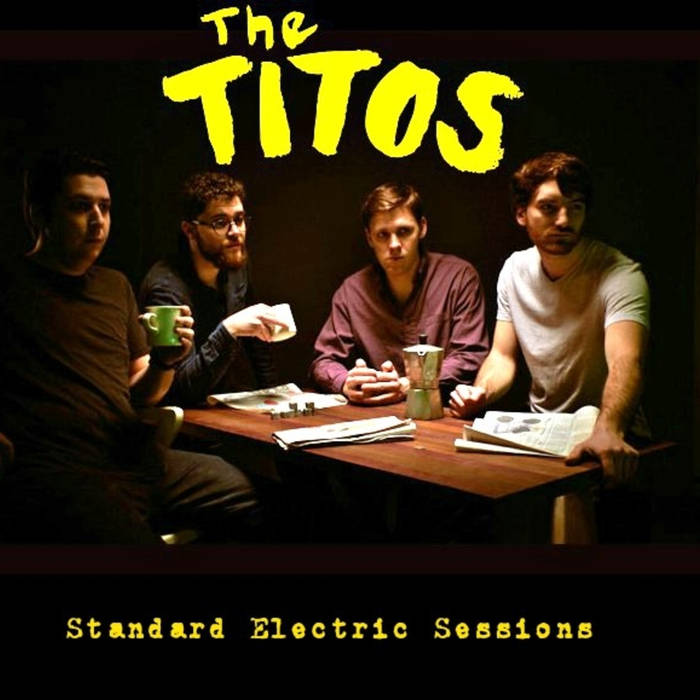
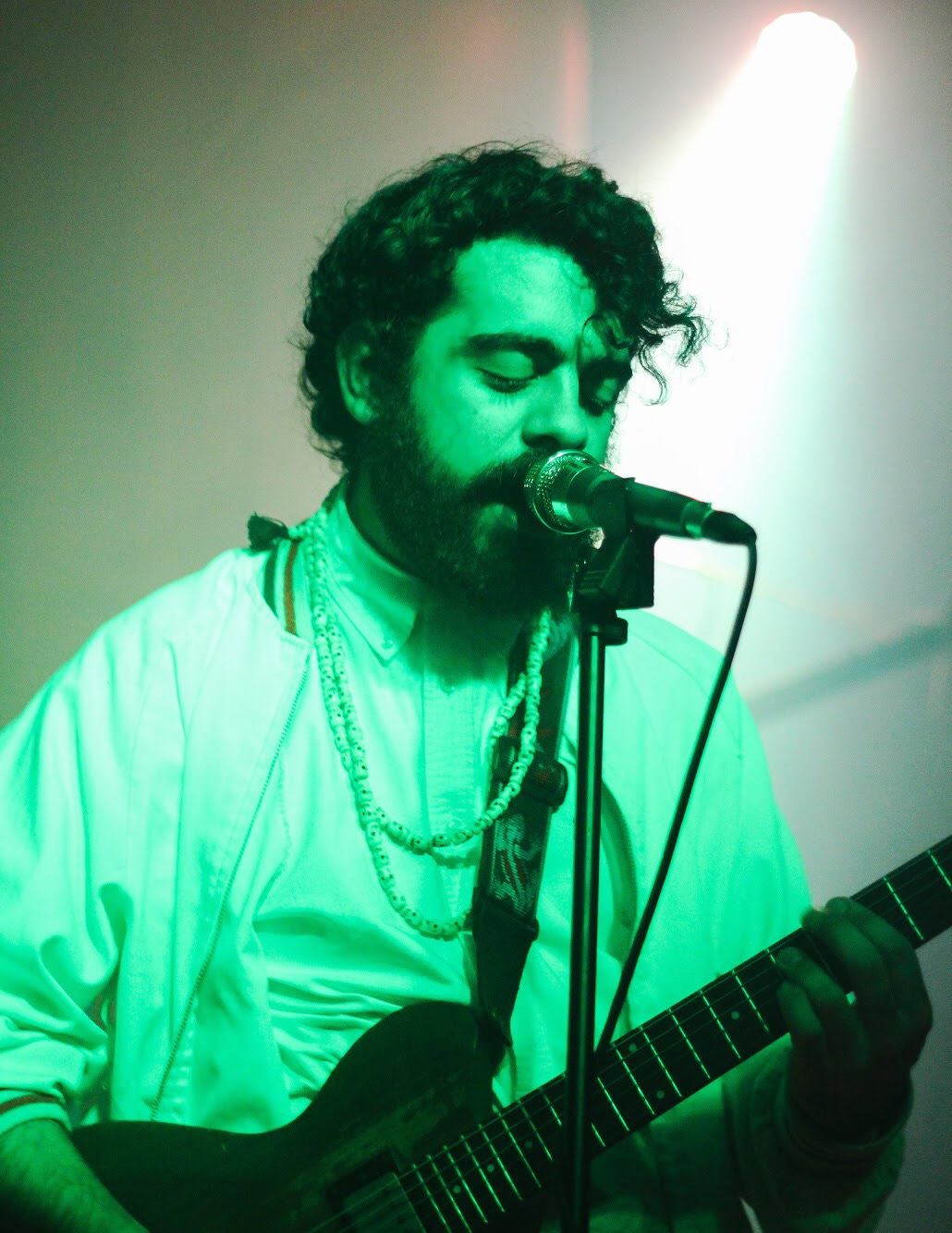
 RSS Feed
RSS Feed